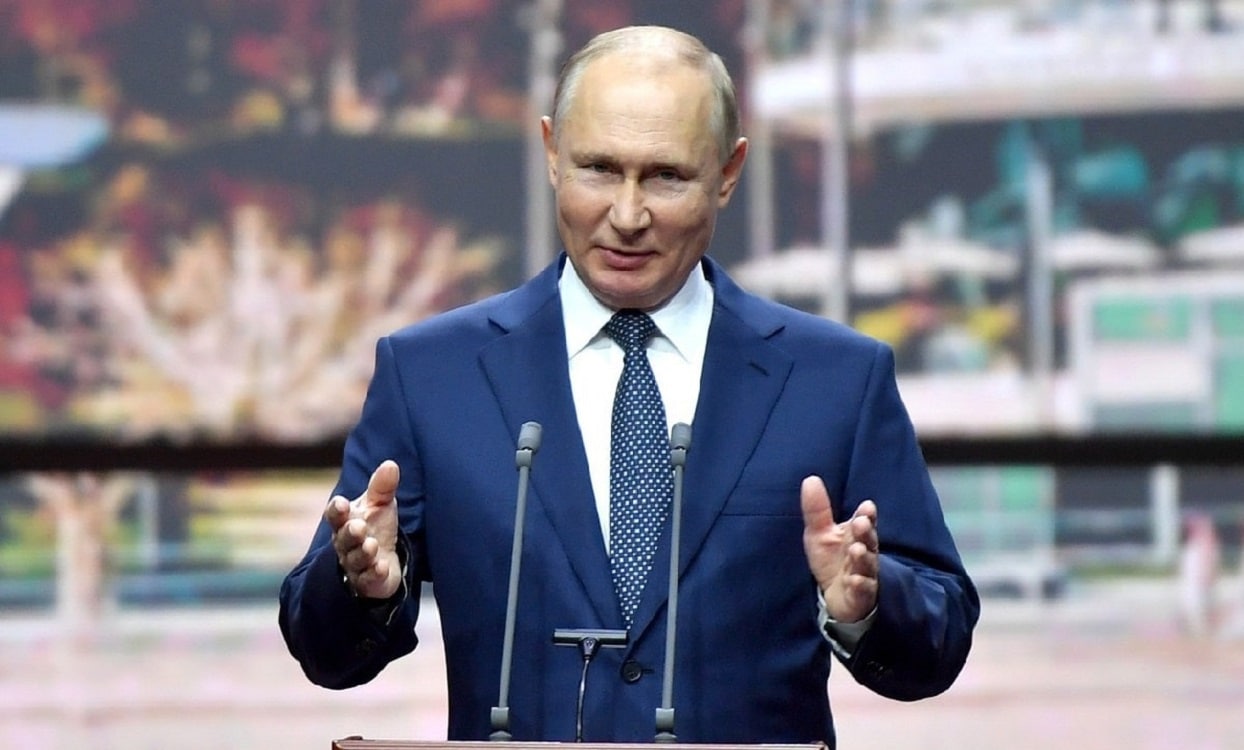Vladimir Putin must be suffering through sleepless nights in his bunker.
First, in 2020-2021, the Belarusians took to the streets to call for freedom. The Iranians followed suit in 2022, and they have not yielded despite a savage crackdown.
Now, it’s the Chinese. Not the Hong-Kongers, who are well known as troublemakers in the Middle Kingdom. No, this time it is the mainland Chinese, protesting in their thousands to question the wisdom of the Communist Party and its supreme leader, Xi Jinping.
Who’s next? The North Koreans? Or, worse, the Russians?
Unstable Authoritarianism
Putin’s authoritarian allies are facing a remarkable degree of instability. That wasn’t supposed to happen. After all, Russia’s supreme leader knows that authoritarian rule beats democracy every time.
So, why the protests? Why these weird demands for freedom, of all things? The Ukrainian revolutions of 2004 and 2014 were of course the handiwork of the vile West and its leader, the United States. But while it’s perfectly possible for the Central Intelligence Agency to bamboozle those foolish Ukrainians, a people who lack the good sense to realize their country doesn’t exist, can the CIA’s grasp really extend into those bastions of people’s democracy, Iran and China?
What is the world coming to?
What worries Putin most is the possibility that a Russian insurrection may now be just as probable as the uprisings in Iran and China. The Chinese case is especially troubling for him. After all, in contrast to Russia’s elites, the Chinese Communists have delivered a high standard of living for many of their people. They’ve also played the nationalist card extremely well, seemingly persuading much of the population that democracy was neither necessary nor desirable.
Russia’s Turn to Turn on Dear Leader
Now the ungrateful Chinese are not only protesting the Party’s COVID-19 policy – they are also demanding freedom. The Chinese looked prosperous, passive, and peaceful.
If even such people could be dissatisfied enough to risk their lives by challenging Xi’s iron-fisted rule, then why not the Russians?
Lord knows, their sons and husbands are dying by the thousands in Ukraine. The Russian economy is contracting, and all that Putin and his minions can suggest is that still more Russians should be sent to the front as cannon fodder.
China’s rebellion may be snuffed out, or it may lead to change. But the movement, along with the Belarusian and Iranian uprisings, shows that the world’s authoritarian regimes are in serious trouble.
In all three cases, the demonstrations were sparked by random events that outraged people. Russia’s turn to rebel will come when the Russian army’s creeping defeat in Ukraine generates the spark that ignites a conflagration.
A 19FortyFive Contributing Editor, Dr. Alexander Motyl is a professor of political science at Rutgers-Newark. A specialist on Ukraine, Russia, and the USSR, and on nationalism, revolutions, empires, and theory, he is the author of 10 books of nonfiction, including Pidsumky imperii (2009); Puti imperii (2004); Imperial Ends: The Decay, Collapse, and Revival of Empires (2001); Revolutions, Nations, Empires: Conceptual Limits and Theoretical Possibilities (1999); Dilemmas of Independence: Ukraine after Totalitarianism (1993); and The Turn to the Right: The Ideological Origins and Development of Ukrainian Nationalism, 1919–1929 (1980); the editor of 15 volumes, including The Encyclopedia of Nationalism (2000) and The Holodomor Reader (2012); and a contributor of dozens of articles to academic and policy journals, newspaper op-ed pages, and magazines. He also has a weekly blog, “Ukraine’s Orange Blues.”

